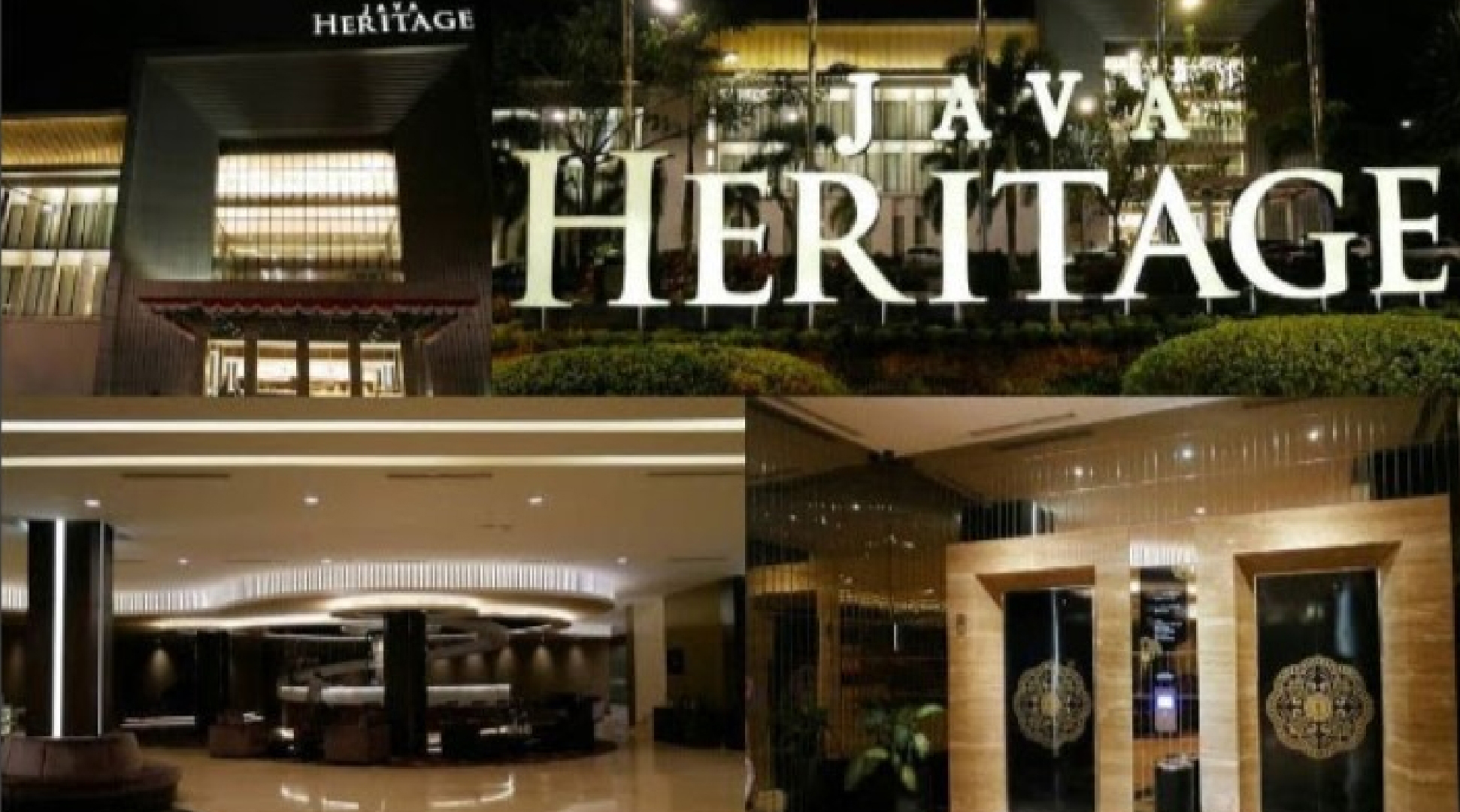Fee for a domestic presenter: IDR 1.500.000
Fee for an international presenter: USD 250
Fee for an participants: IDR 500.000
Fee for an student presenter: IDR 1.000.000
Fee for an student participant: IDR 300.000
Bank account for Transfer: Bank BNI, No: 0623696340, Name: Ibu Nita Triana
Facilities for each presenter:
- Certificate of presentation
- Conference kits
- Meals & snacks: dinner, coffe & snacks
Publications
Journal Publication:
IBDA': Jurnal Kajian Islam dan Budaya
Proceedings Publication:
Committee
Steering Committee: Prof. Dr. Abdul Basit, M.Ag. (Director of Postgraduate IAIN Purwokerto)
Executive Committee
Head: Prof. Dr. Sunhaji, M.Ag.
Editor and Publication : Dr. Nita Triana, M.Si.
Editor and Publication : Dr. Akhmad Faozan, Lc., M.Ag.
Secretariat : Dr. Suparjo, M.A.
Secretariat : Tri Mulatsih Pudjileksani, S.H.
Website and Publication : Anjar Anjani Putra, M.Kom.
Contact us
Email: [email protected]
Contact Person:
Sumiarti (+628122784144)
Muflihah (+6285747807535)
Anjar Anjani Putra (+6282227028888)
Secretariat: Postgraduate office of IAIN Purwokerto
Jl. Jend. A. Yani No. 40A Purwokerto, Jawa Tengah, 53126
Telp. +62281-635624 -- Fax. +62281-636553







